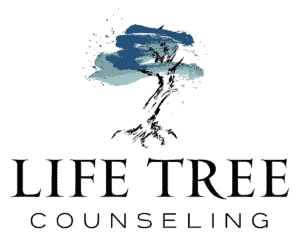ADHD Persists Into Adulthood
My earlier belief that ADHD did not persist into adulthood is not true. It does continue in about 65% to 80% of cases according to Russell A. Barkley, PhD., a leading researcher of ADHD in children and adults. As awareness has grown concerning adults with ADHD, DSM V released in May has adjusted the criteria required for a diagnosis as an adult, thus making it easier for adults to receive help.
Then, there is the persistent idea that a lack of effort is the root problem. This is also largely inaccurate. Once again science provides the answer. There are a group of neurocognitive processes known collectively as Executive Functions, which allow us to regulate our behavior as we are working toward a goal.
A person with ADHD is lacking one or more of these key skills. It is possible to identify the specific area of weakness and provide strategies to address it! The struggles of my former students, I now know, are largely a result of Executive Function deficits.
Change Is Possible
Finally, there is the widely held notion that our habits and behaviors are set after we reach a certain age. This is not the case. The brain is plastic and with intentional practice and effort we can build stronger neural pathways resulting in new skills, knowledge, and increased problem-solving abilities.
This information, which was known only by neuroscientists just a few years ago is now becoming more widely known and is beginning to influence the practices of therapists, counselors, teachers and parents. We owe our thanks to people like Peg Dawson, PhD, George McCloskey, PhD, Russell Barkley, PhD, and John Medina who are just a few examples of those conducting research and writing books, which are easily accessible and interesting to read.
Parents and young people need solid, research-based information and qualified professionals who are willing to speak truth and provide targeted, practical strategies to use.
-
Yes, they will need encouragement.
- Yes, pep talks will be necessary when they hit a rough patch.
-
Yes, they need to know we are standing close by as they learn to “play their hand.”
But now my emerging-adult students need more than uplifting words. They need to know the “WHY” behind their struggles. They need to know what to do. They need to know that change is possible!
Call (972) 234-6634 to schedule an appointment with any one of our specified counselors.
Tags:
